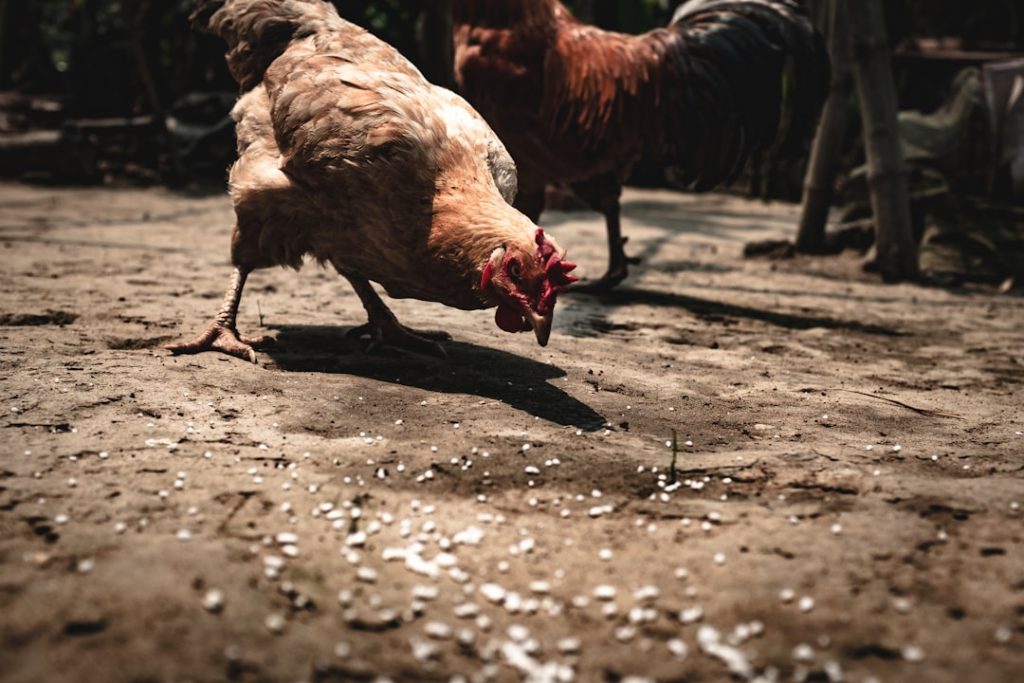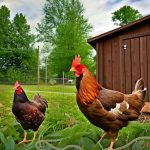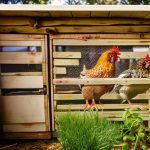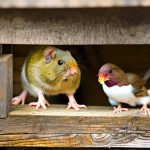When selecting breeds for showing, it is crucial to consider breed standards and characteristics valued by judges. Different breeds possess distinct physical and behavioral traits that make them suitable for exhibition. For dog shows, breeds with good temperament, proper conformation, and high-quality coats are preferred.
Golden Retrievers, Labrador Retrievers, and Poodles are frequently chosen for dog shows due to their friendly dispositions, well-proportioned bodies, and attractive coats. For cat shows, breeds such as Persian, Siamese, and Maine Coon are popular choices. These breeds are known for their striking appearances, elegant postures, and luxurious coats.
Thorough research into breed standards and characteristics is essential when selecting a breed for showing to ensure compatibility with show ring requirements. It is also important to consider personal lifestyle and preferences when choosing a show breed. Some breeds may require more extensive grooming and maintenance than others, so it is advisable to select a breed that aligns with one’s lifestyle and capabilities.
This ensures that the owner can provide appropriate care and preparation for the animal in the show ring.
Table of Contents
Key Takeaways
- Select a breed that matches your lifestyle and living situation
- Provide a balanced diet with high-quality food and fresh water
- Keep the environment clean, safe, and free from hazards
- Schedule regular health checks and vaccinations with a trusted veterinarian
- Use positive reinforcement and patience for effective training and handling techniques
- Regular grooming and presentation are essential for show readiness
- Prepare in advance for show day with proper training and grooming techniques
Providing Proper Nutrition
Choosing the Right Food
High-quality commercial pet foods are formulated to provide the essential nutrients that animals need to thrive, but it’s important to choose a food that is appropriate for your show animal’s age, size, and activity level.
Additional Support
Additionally, some show animals may benefit from supplements such as omega-3 fatty acids or joint support supplements to help maintain their overall health and condition. In addition to providing a balanced diet, it’s important to ensure that show animals have access to clean, fresh water at all times. Hydration is key to maintaining good health and condition, especially for animals that are active in the show ring.
Monitoring Health and Weight
It’s also important to monitor your show animal’s weight and body condition regularly to ensure that they are maintaining a healthy weight. Overfeeding or underfeeding can have negative effects on an animal’s health and appearance, so it’s important to work with a veterinarian or animal nutritionist to develop a feeding plan that meets your show animal’s specific needs.
Maintaining a Clean and Safe Environment
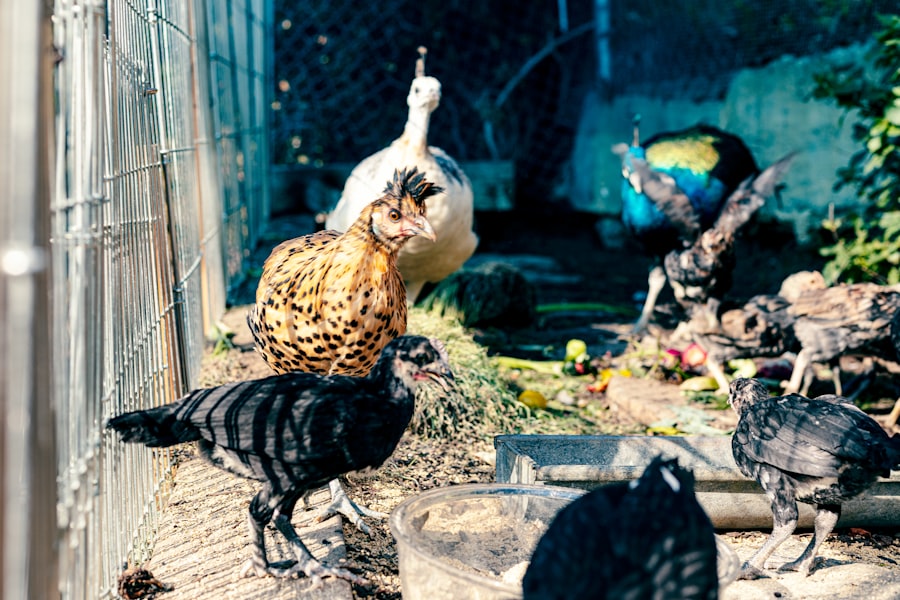
Creating a clean and safe environment is essential for the health and well-being of show animals. Whether you’re housing dogs, cats, or other animals, it’s important to provide a clean living space that is free from hazards and potential sources of illness. Regular cleaning and disinfection of cages, kennels, and grooming areas can help prevent the spread of disease and keep show animals healthy.
It’s also important to provide adequate ventilation and temperature control to ensure that show animals are comfortable in their environment. In addition to maintaining a clean environment, it’s important to provide enrichment and mental stimulation for show animals to prevent boredom and stress. Providing toys, scratching posts, and other forms of enrichment can help keep show animals mentally and physically stimulated while they are not in the show ring.
It’s also important to provide opportunities for exercise and socialization to help show animals maintain good physical and mental health. By creating a clean and safe environment that meets the needs of show animals, you can help ensure that they are healthy and happy both in and out of the show ring.
Regular Health Checks and Vaccinations
Regular health checks and vaccinations are essential for maintaining the health and well-being of show animals. Whether you’re showing dogs, cats, or other animals, it’s important to work with a veterinarian to develop a preventive healthcare plan that includes regular check-ups and vaccinations. Regular health checks can help detect any potential health issues early on, allowing for prompt treatment and intervention.
Vaccinations are also important for preventing common infectious diseases that can be easily spread in show environments. In addition to regular health checks and vaccinations, it’s important to monitor show animals for any signs of illness or injury. Early detection of health issues can help prevent them from becoming more serious or affecting an animal’s performance in the show ring.
It’s also important to provide regular grooming and maintenance to keep show animals in good condition and prevent skin issues or other health problems. By prioritizing regular health checks and vaccinations, you can help ensure that your show animals are healthy and ready to perform at their best.
Training and Handling Techniques
Training and handling techniques are essential for preparing show animals for the ring. Whether you’re showing dogs, cats, or other animals, it’s important to start training at an early age to help them become comfortable with grooming, handling, and being in the show environment. Positive reinforcement training techniques can help show animals learn good behavior and become confident in the ring.
It’s important to work with experienced trainers or handlers who can provide guidance on proper training techniques for your specific show animal. In addition to training, it’s important to practice proper handling techniques to ensure that show animals are comfortable and well-behaved in the ring. Gentle handling and positive reinforcement can help show animals feel at ease during grooming and examination by judges.
It’s also important to practice good sportsmanship and respect for other exhibitors in the show ring. By prioritizing training and handling techniques, you can help ensure that your show animals are well-prepared for the ring and able to showcase their best qualities.
Grooming and Presentation
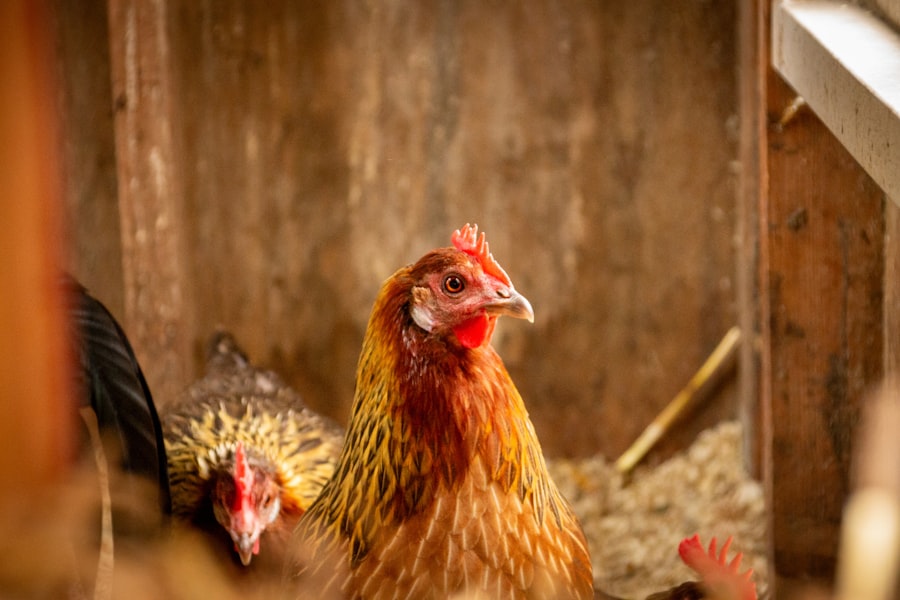
Seeking Professional Guidance
It’s essential to work with experienced groomers who can provide guidance on proper grooming techniques tailored to your specific show animal. They can offer valuable insights and help you refine your grooming skills.
Presentation is Key
In addition to grooming, presentation plays a vital role in showcasing your show animal’s best qualities in the ring. This may involve proper stacking or posing for dogs, or presenting cats in a way that highlights their breed characteristics.
Practice Makes Perfect
Regular practice is necessary to ensure that your show animal is comfortable and confident in the ring. By prioritizing grooming and presentation, you can help ensure that your show animal looks its best and stands out in the show ring.
Preparing for Show Day
Preparing for show day involves careful planning and attention to detail to ensure that everything goes smoothly. Whether you’re showing dogs, cats, or other animals, it’s important to pack all necessary supplies such as grooming tools, food, water, bedding, and any other items your show animal may need while at the event. It’s also important to arrive at the show venue early to allow time for grooming, exercise, and relaxation before entering the ring.
In addition to physical preparation, it’s important to mentally prepare both yourself and your show animal for the event. This may involve practicing relaxation techniques or visualization exercises to help reduce stress and anxiety. It’s also important to stay organized and focused on the day of the event to ensure that everything runs smoothly.
By prioritizing preparation for show day, you can help ensure that your show animal is ready to perform at their best and make a positive impression in the ring. In conclusion, preparing show animals for competition involves careful consideration of breed selection, nutrition, environment, health care, training, grooming, presentation, and preparation for show day. By prioritizing each of these aspects of preparation, you can help ensure that your show animal is healthy, happy, well-prepared, and ready to showcase their best qualities in the ring.
With dedication, hard work, and attention to detail, you can help your show animal reach their full potential as a competitor in the world of animal shows.
If you’re interested in learning more about how to keep show chickens, you should check out the article on garden chicken coops. This article provides valuable information on creating a suitable environment for your show chickens to thrive in. It discusses the importance of space, ventilation, and protection from predators, all of which are essential for keeping your chickens healthy and happy.
FAQs
What are show chickens?
Show chickens are specially bred and raised chickens that are entered into poultry shows and competitions. These chickens are judged based on their breed standards, including characteristics such as size, shape, color, and feather quality.
How do you keep show chickens healthy?
To keep show chickens healthy, it is important to provide them with a balanced diet, clean water, and a clean living environment. Regular health checks, vaccinations, and parasite control are also essential for maintaining their well-being.
What type of housing do show chickens need?
Show chickens require a secure and spacious coop or housing area that provides protection from predators, extreme weather, and other potential hazards. The coop should also have proper ventilation and nesting boxes for the chickens to lay their eggs.
How do you groom show chickens for competitions?
Grooming show chickens for competitions involves regular bathing, grooming, and trimming of their feathers and nails. Additionally, it is important to keep their plumage clean and free from dirt, debris, and parasites to maintain their appearance.
What should be included in a show chicken’s diet?
A show chicken’s diet should consist of high-quality poultry feed that is specifically formulated for their breed and age. Additionally, providing access to fresh fruits, vegetables, and occasional treats can help supplement their nutritional needs.
How do you train show chickens for competitions?
Training show chickens for competitions involves handling and socializing them from a young age to become accustomed to being examined and handled by judges. Additionally, practicing walking and posing the chickens can help prepare them for the show ring.
Meet Walter, the feathered-friend fanatic of Florida! Nestled in the sunshine state, Walter struts through life with his feathered companions, clucking his way to happiness. With a coop that’s fancier than a five-star hotel, he’s the Don Juan of the chicken world. When he’s not teaching his hens to do the cha-cha, you’ll find him in a heated debate with his prized rooster, Sir Clucks-a-Lot. Walter’s poultry passion is no yolk; he’s the sunny-side-up guy you never knew you needed in your flock of friends!

